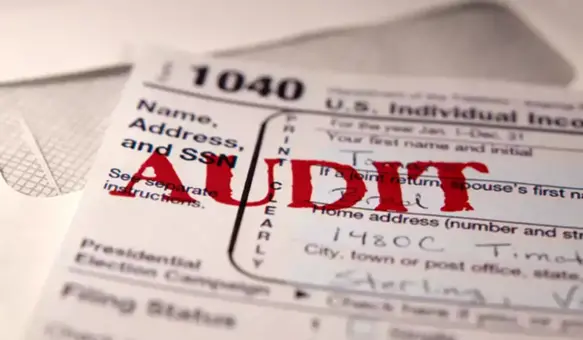IRS Announces Tax Relief for Mississippi, Arkansas, Tennessee & Indiana Storm Victims: Deadline Extended to July 31
The Internal Revenue Service (IRS) has announced tax relief for the victims of severe storms, tornadoes, straight-line winds, and flooding that occurred in Mississippi, Arkansas, Tennessee and Indiana from February 11-19, 2022. The IRS has extended the deadline for affected taxpayers to file their returns and make payments until July 31, 2023.
Extension of Filing and Payment Deadlines
The tax relief measures apply to taxpayers in any of the Mississippi, Arkansas, Tennessee and Indiana counties declared a disaster area by the Federal Emergency Management Agency (FEMA). These counties include Attala, Choctaw, Clay, Lowndes, Monroe, Oktibbeha, and Winston.
Affected taxpayers, including individuals, businesses, and tax-exempt organizations, now have until July 31, 2023, to file their tax returns, including those with a due date falling during the relief period.
Additionally, the IRS has extended the deadline for making payments, including estimated tax payments, that were originally due during the same period.
Penalty Relief and Other Assistance
The IRS will also waive late-payment penalties for affected taxpayers who are unable to make their payments by the extended deadline. However, interest will still accrue on unpaid taxes from the original due date of the return until the date of payment.
The tax relief also includes certain other tax deadlines that occur during the relief period. This includes the deadline for quarterly payroll and excise tax returns, as well as tax-exempt organizations’ Form 990 returns, which are usually due on May 15.
Affected taxpayers who receive a late-filing or late-payment penalty notice from the IRS due to their inability to meet the deadlines should call the number on the notice to have the penalty abated.
How to Claim the Tax Relief
The IRS automatically provides filing and penalty relief to any taxpayer with an IRS address of record located in the disaster area. Therefore, affected taxpayers do not need to contact the IRS to get the relief.
However, if an affected taxpayer receives a late-filing or late-payment penalty notice from the IRS that has an incorrect due date, the taxpayer should call the number on the notice to have the penalty abated.
Bottom Line
The IRS’s tax relief measures aim to ease the burden on Mississippi, Arkansas, Tennessee and Indiana victims and provide them with more time to file their returns and make payments. Affected taxpayers should take advantage of these measures to ensure that they comply with their tax obligations without undue stress.



